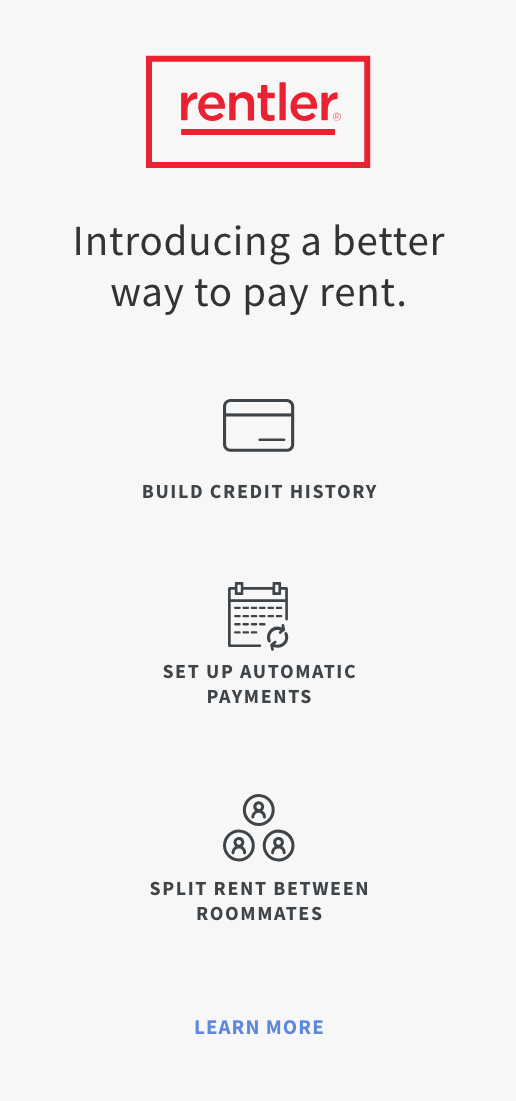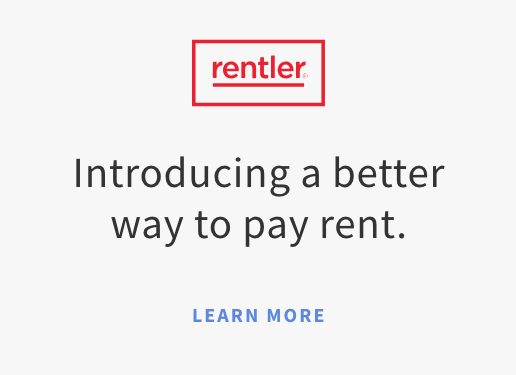Late rent payments can be a bigger issue than you might think. Even if you only pay a small late fee, you could be setting yourself up for eviction, late fees, and damage to your credit score. At Rentler, we understand how important it is to stay on top of your rent payments, which is why we want to explore the impact of late rent payments on your credit score in this article. We’ll also provide tips on how to avoid late payments and protect your credit score.
Understanding the Link Between Late Rent Payments and Your Credit Score
Late payments can have a significant impact on your credit score, which is determined primarily by your payment history. Delinquencies can stay on your credit report for up to seven years, making it difficult for you to secure credit in the future. Lenders may view individuals with a history of late payments as high-risk borrowers and may be less willing to approve their credit applications or offer them favorable terms. Late rent payments can also result in eviction and late fees, which can quickly accumulate and make it challenging to catch up on payments. An eviction notice from your landlord can negatively impact your rental history, making it difficult to secure future rentals.
Rent Grace Periods
A rent grace period is a brief period of time after the rent due date during which tenants can make rent payments without incurring any penalties. As electronic money transfers and checks may take a few days to process, many states allow for rent grace periods. However, the length of the grace period can vary depending on the landlord’s preference. Typically, a rent grace period ranges from 3 to 5 days after the due date. As a tenant, it is important to check your lease agreement to determine if you have a rent grace period and how many additional days you have to pay your rent without facing any penalties.
- Negative Impact on Future Rental History Inquiries
Late rent payments can have a long-term impact on your future rental history inquiries. Property management software allows landlords to keep track of payment dates and how many times tenants have paid late. This information can be accessed by future landlords or property managers when you apply for a new apartment. Even one late payment can be viewed as a red flag, and if you have more than three in a year, you may be denied the new apartment. It’s essential to pay your rent on time to maintain a positive rental history and increase your chances of being approved for future rentals.
- Understanding Late Fees in Rental Agreements
Late fees are an additional expense you should aim to avoid, and understanding how they work is essential. Rental agreements typically have a late fee clause, and it’s important to familiarize yourself with the terms. Even if your rental agreement includes a grace period, you may still have to pay a late fee if you miss the payment due date.
The late fee amount can vary depending on the property management company and state laws. It could be a flat fee or a percentage of your rent, and in some cases, it could increase every day until your rent is paid in full. Paying your rent late can quickly become costly, and you may end up spending money that you could have used elsewhere.
4 Tips to Avoid Late Payments
Late rent payments can be a major source of stress and financial burden, so it’s important to take steps to avoid them. Here are some tips to help you avoid late rent payments:
- Create a budget: One of the best ways to stay on top of your finances is to create a budget. This will help you identify areas where you can cut back on spending and free up funds to put toward your rent. When creating your budget, be sure to include all of your monthly expenses, including rent, utilities, and any other bills you have.
- Set up automatic payments: Setting up automatic payments can help ensure that you never miss a payment. If you have a checking account, you can set up automatic payments through your bank’s online bill payment system. Many landlords also offer online payment options, which can make it easier to pay your rent on time.
- Communicate with your landlord: If you anticipate that you may not be able to make your rent payment on time, communicate with your landlord as soon as possible. They may be willing to work out a payment plan or make other arrangements to help you stay on track.
- Use a rent payment service: Rent payment services can help you automate your rent payments and ensure that you never miss a payment. Some services even report your on-time rent payments to credit bureaus, helping you build your credit history.




